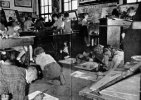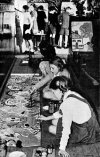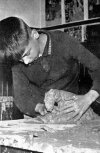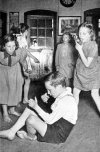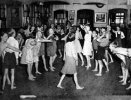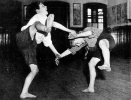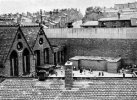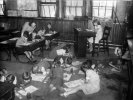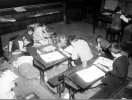Hi everyone. My first post.
I am a postgraduate researcher (Doctorate of Education) writing a paper about children's education. Of particular interest is the Steward Street School Birmingham between 1946 and the mid late 50's. I am looking for first hand accounts of the school at a time of Head Teacher A. R. Stone and in the years immediately after. He placed the creative arts at the center of children's education and this ensured a remarkable curriculum quite different to that being practiced in many other schools of the time.
I do have a number of photographs from the period and would welcome all personnel accounts and associated ephemeral material relating to the above.
I am a postgraduate researcher (Doctorate of Education) writing a paper about children's education. Of particular interest is the Steward Street School Birmingham between 1946 and the mid late 50's. I am looking for first hand accounts of the school at a time of Head Teacher A. R. Stone and in the years immediately after. He placed the creative arts at the center of children's education and this ensured a remarkable curriculum quite different to that being practiced in many other schools of the time.
I do have a number of photographs from the period and would welcome all personnel accounts and associated ephemeral material relating to the above.


